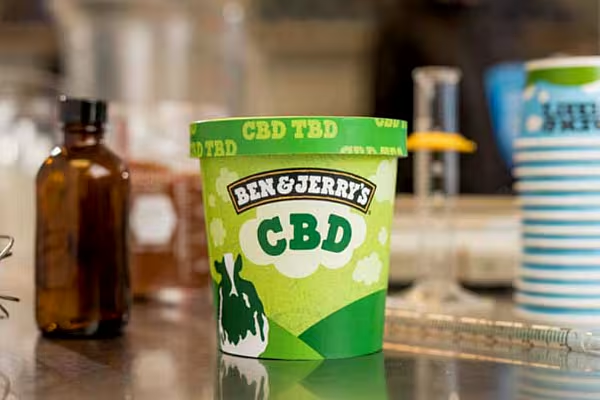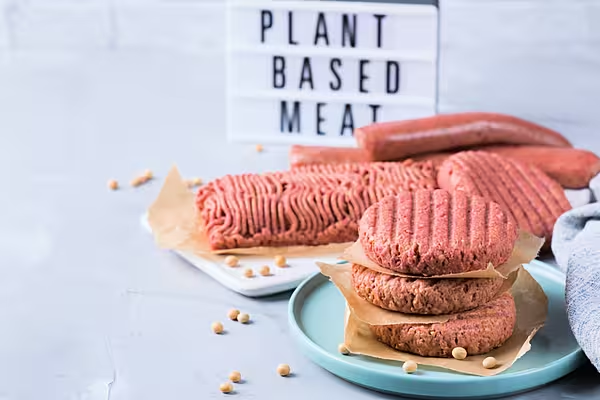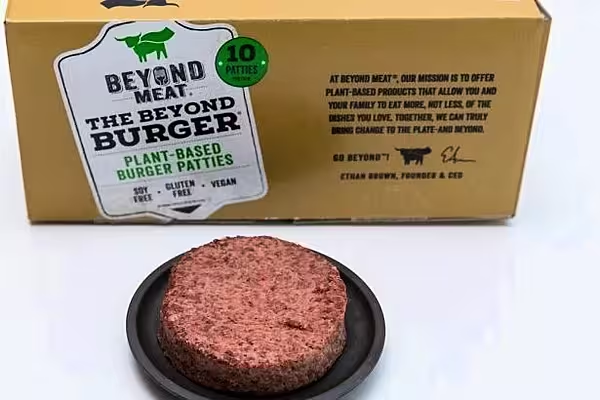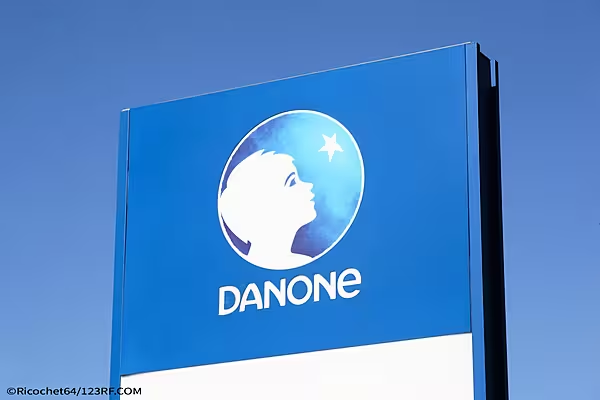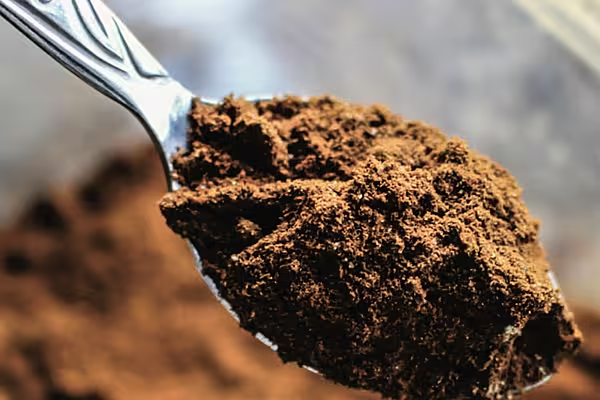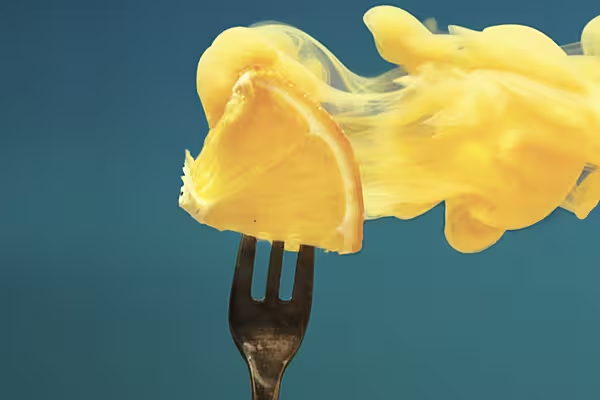When even consumer goods giant Unilever gets aboard the CBD bandwagon, you know the cannabis-based ingredient has hit the big time.
The Anglo-Dutch conglomerate’s Ben & Jerry’s ice-cream brand recently announced plans to release a CBD-infused flavour as soon as the non-psychoactive ingredient, also known as cannabidiol, becomes legal in the US.
“We’re doing this for our fans,” said Ben & Jerry’s CEO, Matthew McCarthy.
“We’ve listened and brought them everything from non-dairy indulgences to on-the-go portions with our pint slices. We aspire to love our fans more than they love us, and we want to give them what they’re looking for, in a Ben & Jerry’s way,” McCarthy added.
While it is legal for personal use in the US, the Food and Drug Administration (FDA) currently prohibits adding CBD – a chemical compound found in the marijuana plant – to food and drink.
However, the FDA is currently reviewing this policy, and Ben & Jerry’s has submitted a comment in support of legalisation.
The recreational use of cannabis is something to which the ice-cream brand has hinted in the past, with flavour names such as Half-Baked and Dave Matthews Band Magic Brownies, but actually introducing CBD into its products would be a big step for Ben & Jerry’s, and could help bring this currently niche ingredient into the mainstream market.
For a brand developed by a couple of self-confessed former hippies, Ben Cohen and Jerry Greenfield, it’s the perfect fit, you could argue.
On Trend
CBD is one of the biggest buzzwords in the food and drink industry at the moment, so why is it gaining traction all of a sudden?
There are claims that the oil can help with relaxation, but unlike THC (tetrahydrocannabinol), CBD is not psychoactive, and so will not get a user ‘high’.
Supporters of CBD argue that it helps relieve pain and reduce anxiety, however, there is little scientific research to back up these claims, especially when it comes to putting the substance into food and beverages.
Nevertheless, the market for cannabinoid-infused products has exploded over the past several years. In a recent National Restaurant Association survey, three in four chefs named CBD and cannabis-infused food as a hot trend in 2019.
Meanwhile, market research firm Nielsen predicts that the US hemp-derived CBD market could be a $6 billion (€5.33 billion) industry by 2025, when considering legalised sales of food and beverage products containing CBD.
A Closer Look
While talk of designating CBD as a legal food supplement has gathered pace in the US, as more states begin to legalise cannabis, the story is slightly different on this side of the Atlantic.
CBD is already legal in many European countries, but EU regulators are now taking a closer look at the market for foods and cosmetics containing CBD.
In the UK, for example, it is legal to sell CBD oil, as long as its THC content is less than 0.2% and cannot be easily extracted. You can buy CBD oil in most UK health food shops, including Holland & Barrett, which saw sales of the product rise by 37% in the first four weeks of its launch.
The substance’s real growth area, however, seems to be food and drink. A recent Rabobank report noted that CBD has been entering food and beverage products at an ‘astounding pace’.
Some of these are being marketed as ‘wellness’ products, while others appear to be more of a novelty, but all are gaining attention in the wider food and drink industry.
Already in the US and Europe, we’ve seen start-up products such as CBD-infused jelly beans, beer, cakes, and savoury snacks. Country singer Willie Nelson has even launched his own brand of CBD coffee beans.
Future Possibilities
In its latest research, Nielsen reported that there’s a ‘sizeable opportunity’ for snack and confectionery manufacturers within the CBD space in the next few years.
In the future, however, it may not just be small producers and niche brands getting on board with this trend, as Ben & Jerry’s has just made clear.
Last year, Bloomberg reported that Coca-Cola was in discussions with Aurora Cannabis to develop a new beverage infused with CBD.
Although CEO James Quincey later clarified that the company does not have “any plans at this stage” to enter the CBD market, he said that he is “closely watching the growth of non-psychoactive CBD as an ingredient in functional wellness beverages around the world”.
Elsewhere, snack giant Mondeléz has also revealed that CBD is on its radar as a potential ingredient.
“Yes, we’re getting ready, but we obviously want to stay within what is legal and play it the right way,” CEO Dirk Van de Put told CNBC last month, predicting that CBD will hit the mainstream food market in the “not-so-far” future.
Increased Demand
According to Rabobank’s report, the market now appears poised for more CBD-infused products and “demand is likely to continue”. Small food- and beverage-makers are already getting a foothold in the potentially lucrative market, but this is probably just the beginning.
Once the industry has clearer regulation and it becomes a lower-risk bet, we may see larger players such as Mondeléz and Coca-Cola emerge from the sidelines, which could quickly bring CBD onto supermarket shelves worldwide.
The long-term future is uncertain, but, for now, the buzz around CBD does not appear to be wearing off, and you could soon be trying this new ‘it’ ingredient in everything from coffee to ice cream.
© 2019 European Supermarket Magazine – your source for the latest retail news. Article by Stephen Wynne-Jones. Click subscribe to sign up to ESM: European Supermarket Magazine.
